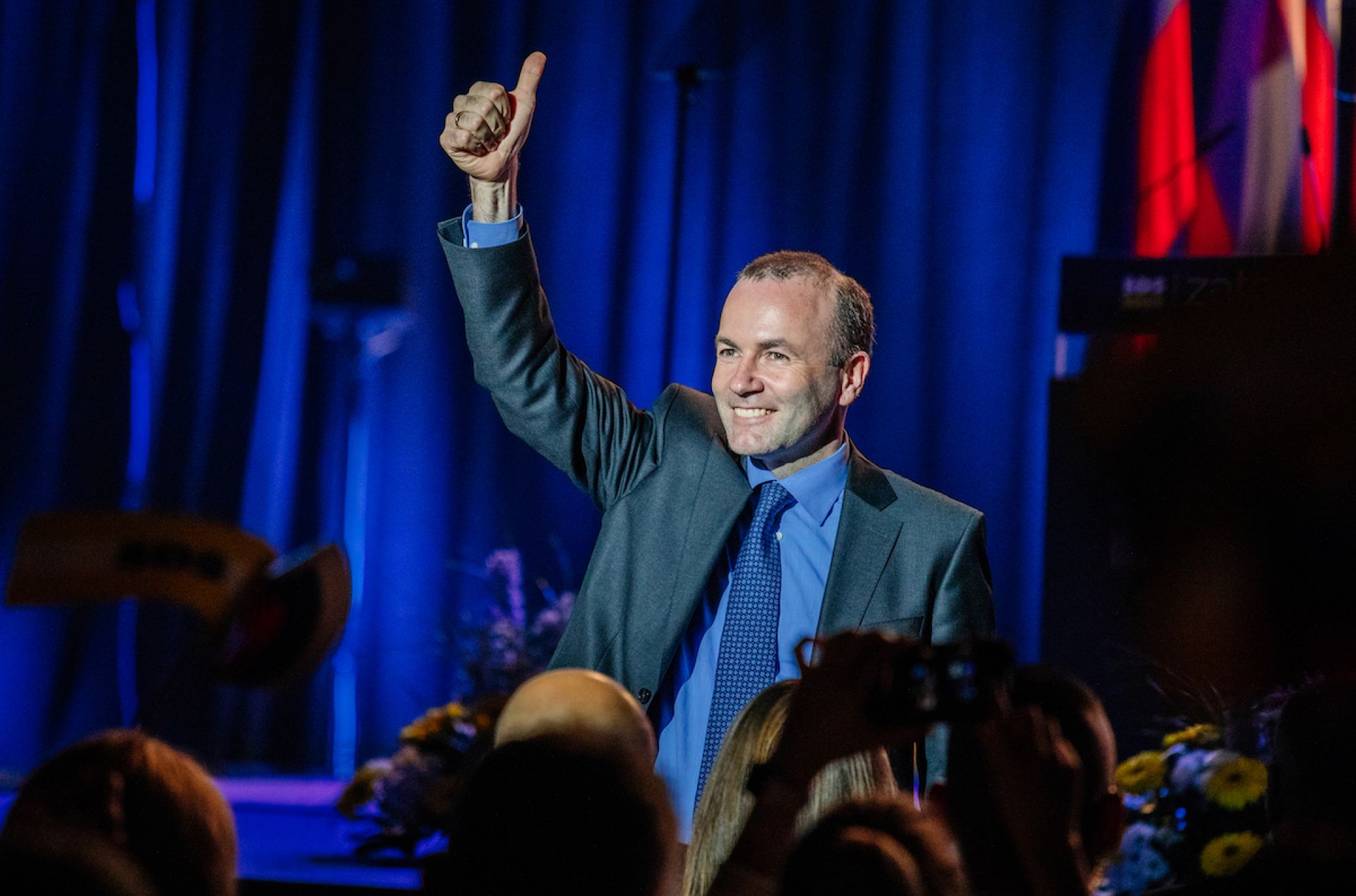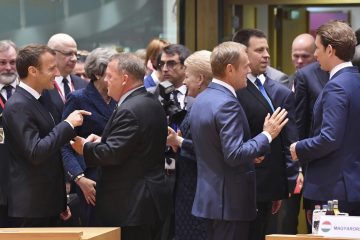
[authorbox authorid=”100″ title=”The Author”]
As the 2019 elections for the European Union’s commission president approach, the ongoing talks about an ideal candidate has granted its attention to leader of the European People’s Party, Manfred Weber.
What are the expectations of the European Union, given that Weber takes up the new position? The talks of his candidacy have grown due to the increased support of his potential position, but the guarantee of Weber’s placement as the new president of the EU commission are not concrete…yet.
Manfred Weber, Bavarian native, upholds significant political standing as a member of the Germa
n party, Christian Social Union (CSU) and the European party, the European People’s Party (EPP). His success in both parties has earned him recognition as a strong candidate for the European Union commission president, in which he adamantly stresses that German success is a result of European success.
Current discussions over potential candidates continue to circle back to Weber and his determined stance to maintain a powerful and effective European Union. Expectations of agenda discussion within the commission have been set, and now it remains as a matter of whether or not Weber is able to address and execute the issues at hand.
EU Issues, Weber’s Solution
Thus far, Weber has expressed his priorities of the agenda, giving him leverage to become the selected candidate serving as president to the European Commission, and his center-right views may be exactly what Europe needs at the moment.
Ever since his initiation into the European People’s Party in 2014, he has stood out as a leader to EPP, insofar that if something needs to get done, he is the first person one should address in parliament. This ambitious attitude should be expected by the future president of the commission, and Weber does not fall short of any expectations.
—
Weber continues to emphasize one of Europe’s most controversial topics: the illegal migration crisis, in which he has called from a “clear and thought fight” on behalf of his EPP views. He has been adamant about “mak[ing] a clear separation” between the status of refugees and illegal migrants, and if the European Union does not do so, they “will lose the support of the public.”
The above statement is exactly what may give Weber the position he longs for, as he pushes for the wellbeing of EU citizens. Although he has appealed to more efficient debate of migration policy in the commission, Weber does not disregard the remaining humanitarian concerns on the issue.
He is in agreement with rescuing war refugees, but this does not distract from the greater issue at hand. “We all agree that we must rescue people but the key question is what happens afterwards?” Weber has plans for the present and future of the crisis, allowing him to stand out in the race for candidacy.
Strong for Germany, Stronger for the EU
Weber’s candidacy for commission president looks bright through the endorsement of German politics. He is seen as a mediator between the CSU and CDU after prolonged tension between the parties. Regarding the German coalition, Weber has claimed that “we need to make pragmatic steps. People are expecting progress on content and that is what we should do.”
German Chancellor Merkel has given her blessing for Weber to be the Spitzenkandidat which plays in favor of his selection process. However, this does not confirm a lead for the seat as president of the commission. Weber has made a name for himself in German politics, and now he is building his reputation within the European community.
The support from Germany does not necessarily harm his reputation in the spitzenkandidat process, but it also places him between two political preferences: Germany and the European Union. Weber must maintain a positive perception for both national and supranational politics, which may serve as an obstacle throughout the candidacy process. Simply because has gained support from various German politicians, does not avoid complications of receiving European institutional approval.
The question remains: would a German politician be viewed in favor of taking over the seat of the commission president? Much to his dismay, debate of an unwanted and inexperienced German politician as the new leader seems to contradict Weber’s hopeful future.
Yes, Weber is not considered as experienced as former commission presidents, but this should devalue his qualification. Undoubtedly, he has exhibited strength from his European half.
Favored in the EPP, Weber has started to gain more outside recognition, increasing his legitimacy with a signifiant EU position. Just as he wanted to make improvements to the German coalition, he has firmly expressed the improvements the EU must achieve.
Passionate about both German and strength European politics, Weber defies the odds of being a relatively unknown politician in the European Union. The EU is in need of a fresh perspective, and German politician, Manfred Weber and his German conservative politics does not disappoint. After all, he admits that Germany can only be strong when Europe is strong, and he is confident to bring this needed to the EU as the upcoming president of the commission.




